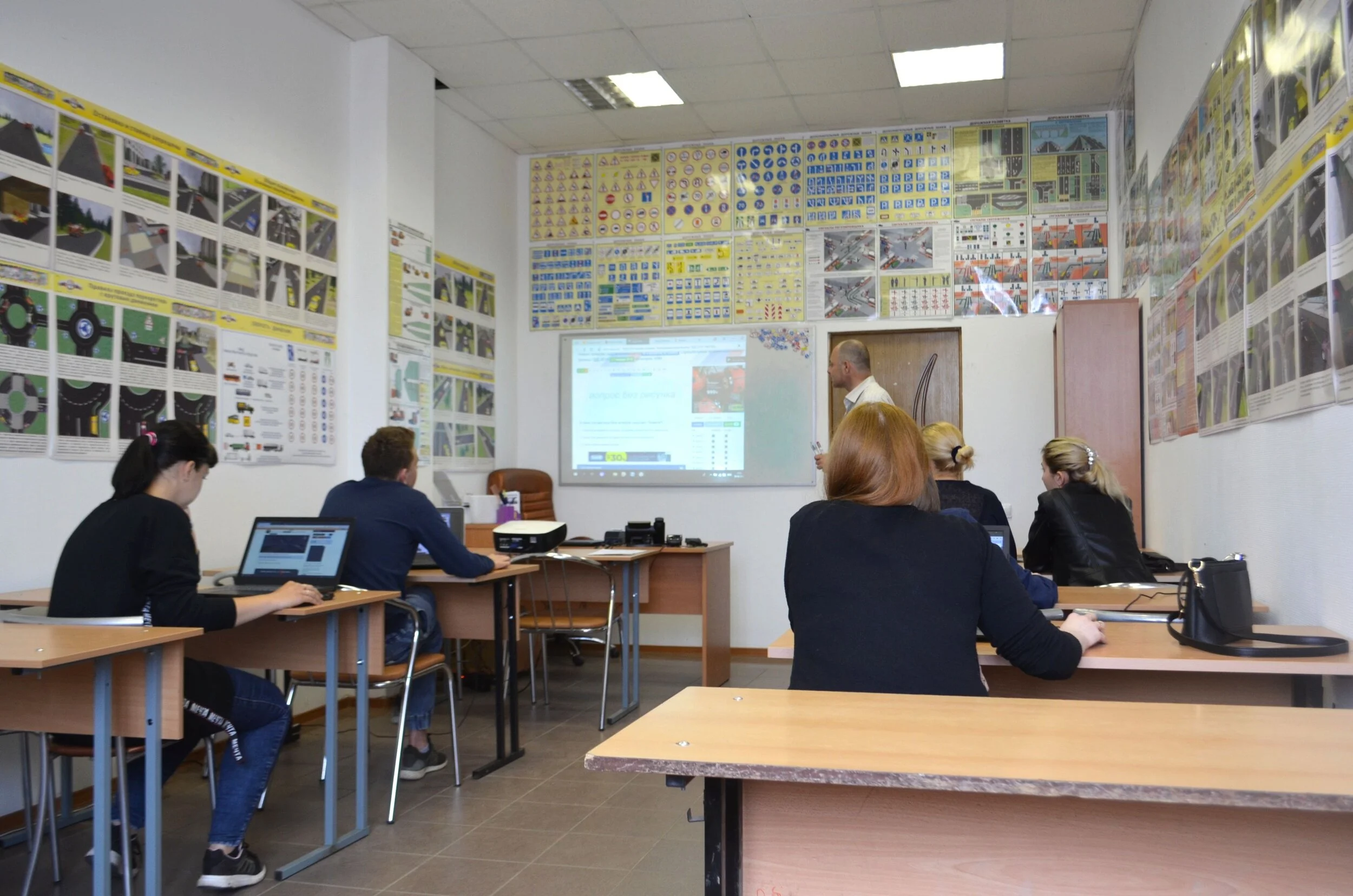Telehealth could be the future of mental healthcare for children
Mental health has been overlooked for long but the plan to start addressing it during young age when it is most detrimental can fix this serious problem. There is a growing need for child and adolescent trained behavioral health providers, which will not get fulfilled in the foreseeable future. In such a situation telemental health provides an effective way to give the much-needed access and improve quality of behavioral mental healthcare.
Mental health issues among children:
According to 2015 Children’s Mental Health Report of the 74.5 million children in the United States, 17.1 million have mental health disorders. The study concludes that half of them arise before that age of 14 years. This proves that an access to mental health treatment is crucial for kids in school.
Another staggering statistic shows that 60% of kids with depression, 80% of kids with anxiety, and 40% of kids with diagnosable ADHD do not get treatment.
Rutgers officials have estimated that one in five youths face a diagnosable mental disorder. One of every 10 has a mental health challenge that affects their ability to function. But it is alarming that only three of 10 get healthcare services.
Children in school face many mental health issues and the magnitude of the problem is tremendous. Lack of awareness and the stigma attached to it keep young people away from getting access to necessary care.
School children face too much at once so there is a need to pause and check on children whose future lives may be affected and pre-existing conditions could be exacerbated. Mental health issues get carried forward as children proceed to college. It is necessary to understand that mental problems don’t just go away with time as many would like to believe. Triggers that can cause more problems, don’t disappear.
The problem aggravates as children enter college due to the stress they have to deal with. The newly discovered independence as they are away from home confuse them. Being in a completely new environment can prohibit from getting access to help. It is difficult for them to approach for medical care.
Telehealth for school children facing behavioral mental health issues:
When counseling is done through remote video chat, students are able to reach out for help more easily and effectively. Getting access to child and adolescent psychiatrists is challenging, there is a lack of psychiatrists, which is difficult to be met. Thus, there is a need to shift to think creatively.
Telehealth and telemedicine advocates believe that digital health platform could provide an answer to these challenges. American Telemedicine Association has recognized the urgency and has unveiled practice standards for telemedicine in pediatric and adolescent telemental health.
Telehealth counseling at schools:
Recently remote mental health advising to students was made available in Wisconsin’s Lake Holcombe School District. Holcombe decided to bring telehealth counseling services to their schools. Therapists will be made available through video conference. It aims to help students of all ages going through critical time due to mental health issues. It is vital and effective to address mental health issues during a young age where it can impact future life.
Counseling through remote video chat, for students who are not familiar with health community in Madison would now be able to reach out for help easily. The program is designed in such a way that it fits well to the jam-packed schedules of students. More schools and colleges should adopt these kinds of practices to detect mental health issues among students and make treatment available to them.
Mental health is a serious challenge that cannot be overlooked thus, it needs to be addressed everywhere it emerges.
Pediatricians using telehealth to connect with mental health experts:
Pediatricians in New Jersey use telehealth to connect with mental health experts through a program created to improve access to care for urban youths.
The program was planned to serve around 60 pediatricians and 100 staff in 30 primary care practices around the county. This program offers phone based and online consulting along with training in behavioral health screening and assessment techniques.
It is necessary that pediatricians should be able to identify and treat their patients’ emotional and behavioral challenges. It would be able to reach to families who don’t get such services. Urban youth are at a high risk for exposure to trauma. These challenges can result in emotional and behavioral symptoms that can be misdiagnosed. Thus, an early treatment is imperative while preventing disorders to becoming chronic and debilitating as mentioned by Evelyn Orozco, the program’s director.
Conclusively, remote telehealth available through video calls is a comfortable option for students who may hesitate to approach psychiatrists and share their challenges. Remote medical expertise is made available through telehealth. Students who would otherwise not prefer reaching out to psychiatrists can consult them through video calls from the comfort of their home. Telehealth is an appeasing solution to the growing challenge of behavioral mental health among school and college children.




